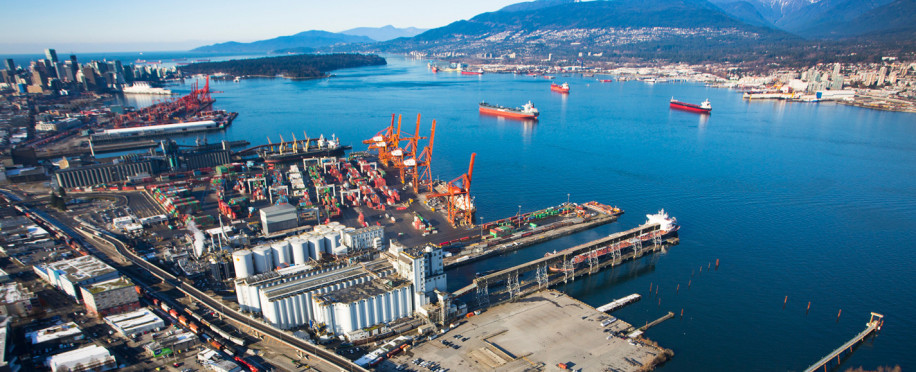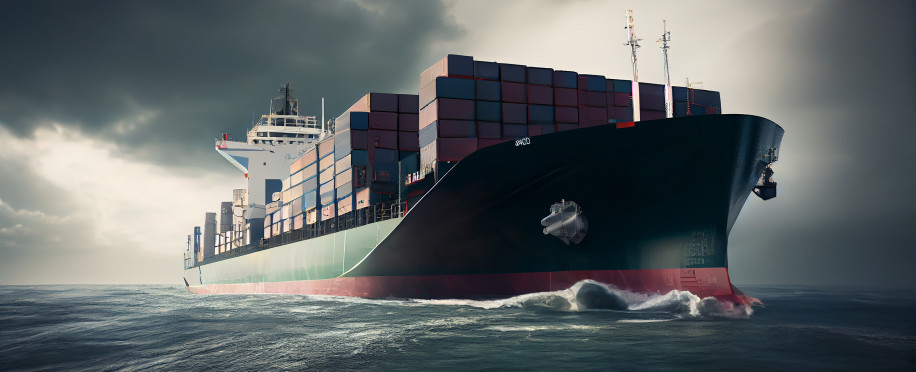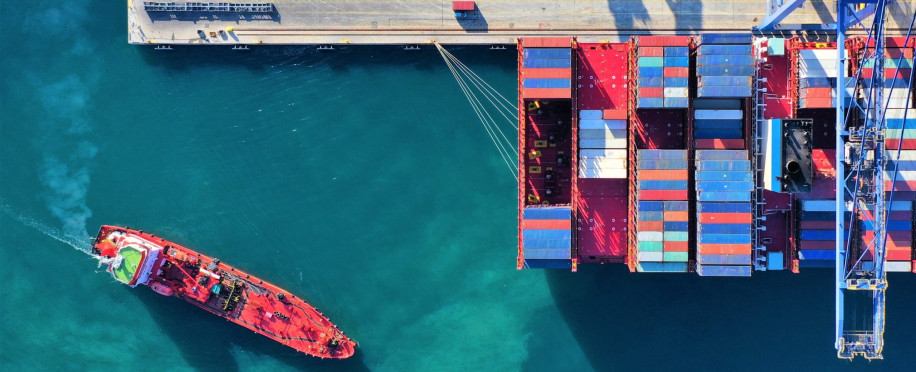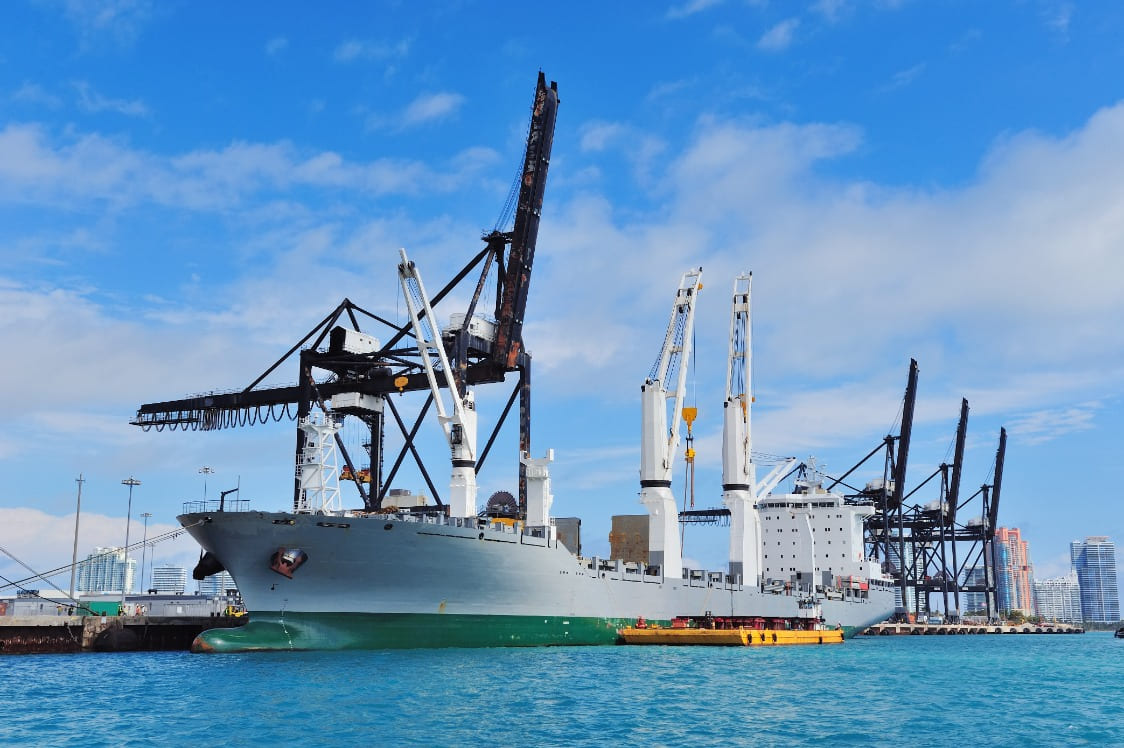The Basics of Freight Derivatives and Their Role in the Shipping Industry

Posted on Apr 25, 2024 at 11:04 PM
The shipping industry is an essential part of the global economy, transporting goods from one corner of the world to another. Nevertheless, the volatile nature of shipping markets and uncertainty surrounding freight rates often create formidable barriers for trade players. To limit exposure to these risks, freight derivatives have become the derivatives of choice.
In this article, we introduce you to the world of freight derivatives, its fundamental concepts, and how they are the basis for managing risk for the shipping industry.
Understanding Freight Derivatives
Freight derivatives are financial instruments generally used in the shipping industry to lock freight rates and protect against associated risks. These contracts can be bought, sold, and traded on established exchanges. Like any other type of derivatives in different sectors, freight derivatives are mainly derived from the underlying shipping assets or indices. The most traded freight derivatives include forward freight agreements (FFA), futures, and options.
Regarding vessels, shipping products as cargo can be a difficult task sometimes, especially if it's large volumes.
When containers are transported, shipping services are usually more expensive when there are more potential risks or losses. However, the emerging issue is that these prices have become chaotic and uncontrolled, which is why fright derivatives were born: a collaboration among maritime parties to reach a price settlement for container shipping prices.
What are the types of freight derivatives?
As we've mentioned, three current principal types of freight derivatives exist. These are:
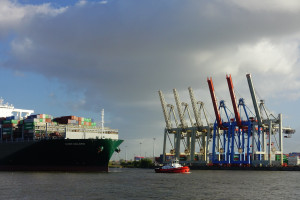
Forward Freight Agreements (FFAs)
FFAs are contracts where the carrier guarantees the delivery of goods to a specific destination in the future and at a fixed price. The nature of this ship finance instrument is such that it allows participants to establish a fixed rate in advance, thereby eliminating the risks associated with fluctuating market conditions.
FFAs are a great tool for charterers, owners, and traders who want to secure stable income regardless of freight rates and eliminate the risk of price fluctuations due to weather conditions, etc.
Freight Futures
Like FFAs, freight futures are standardised contracts traded on exchange markets. However, in contrast to the FFAs, personalised agreements, freight futures are based on standard terms, including the contract size, the delivery date, and the route.
Freight futures support transparency, and as a regulated platform, market players can hedge their price volatility risk. In addition, they aid in pricing discovery and deliver further liquidity in the shipping market.
Options
The freight options grant the consumer the right but not the obligation to buy predetermined freight contracts at the price and time he chose in the future. Trading choices provide flexibility to market players, where the former can simultaneously take advantage of lucrative opportunities to hedge against the dangers of price downfall.
Shipping companies and buyers usually apply these practical derivatives as a risk management technique and a commodity to the consumer.
The Role of Freight Derivatives in the Shipping Industry
If you check out Ship Finance Courses in London, you’ll find that freight derivatives play a vital role in the shipping industry by offering various payoffs to market participants:
-
Derivatives and Risk Management
Since a large amount of money is invested in this exchange, along with other participants like charterers, shipowners, and traders, freight derivatives have emerged as significant risk management tools. Through a mechanism of hedging, these instruments are implemented to limit the direct impact of price fluctuations on these participants' exposure and help them prevent and increase their profits.
-
Price Discovery
The trade-in freight derivatives instrumentalise providing transparent and reliable price standards in the shipping industry. This facilitates the flow of information about expected freight rates among participants, thus making it possible for them to make better decisions leading to better market efficiency.
-
Financial Flexibility
Freight trades are financial instruments that do not require market participants to have physical ownership or chartering for their operations but allow them to participate in the shipping markets. This brings financial comfort and program flexibility, thus enabling investors to secure their positions and handle risk. Other traders can make the necessary adjustments.
-
Arbitrage Opportunities
A freight forward derivative will provide the chance for spread trading deals. Meanwhile, if the physical and derivatives markets have price arbitrage scenarios, they can capture them. This boosts not only the market's performance but also the liquidity in the system, making sure that the whole economy benefits.
As the vessel shipping industry grows and becomes more advanced, the role of freight derivatives is expected to increase. These derivatives provide secure and efficient applications for industry players to manage risk and optimise their operations. So bulk up and prepare your ship for the textbook theory to become action.
